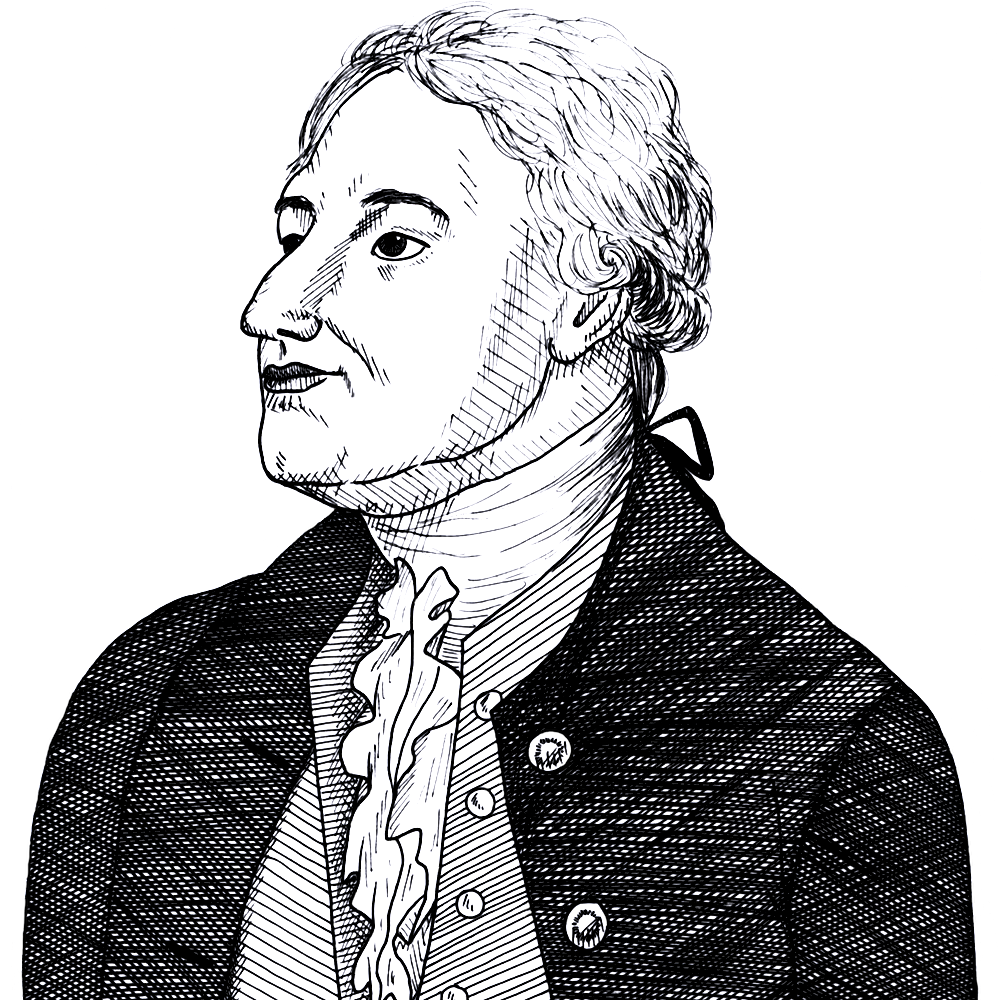
De Lolme on Liberty as equality under the laws (1784)
Found in: The Constitution of England; Or, an Account of the English Government
The Swiss jurist Jean Louis De Lolme (1741-1806) argued that the right to vote was only a means of achieving true liberty, which was the right “quietly to enjoy the produce of (one’s) industry”:
Liberty
What then is Liberty? Liberty, I would answer, so far as it is possible for it to exist in a Society of Beings whose interests are almost perpetually opposed to each other, consists in this, that, every Man, while he respects the persons of others, and allows them quietly to enjoy the produce of their industry, be certain himself likewise to enjoy the produce of his own industry, and that his person be also secure. But to contribute by one’s suffrage to procure these advantages to the Community,—to have a share in establishing that order, that general arrangement of things, by means of which an individual, lost as it were in the croud, is effectually protected,—to lay down the rules to be observed by those who, being invested with a considerable power, are charged with the defence of individuals, and provide that they should never transgress them,—these are functions, are acts of Government, but not constituent parts of Liberty.